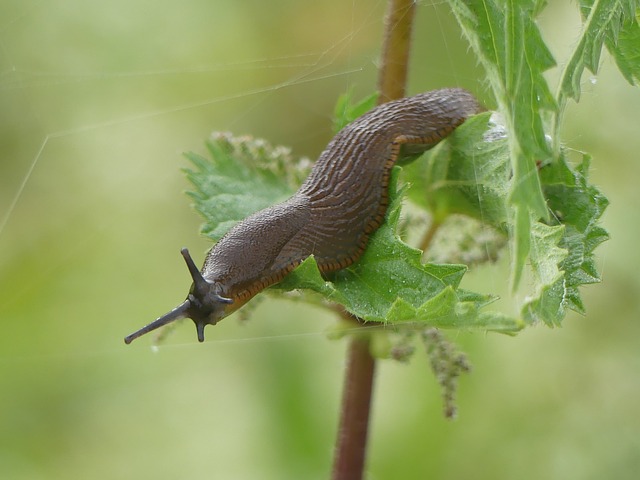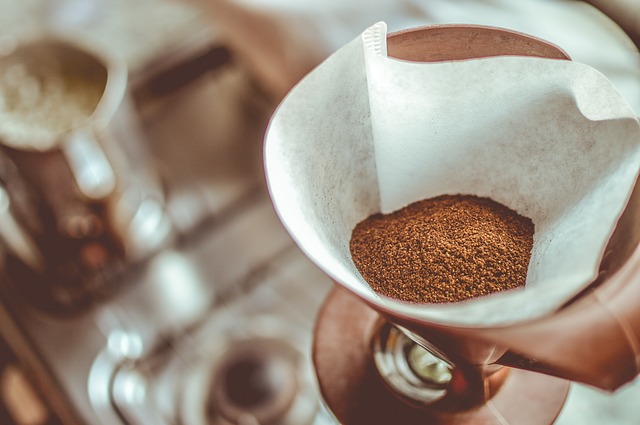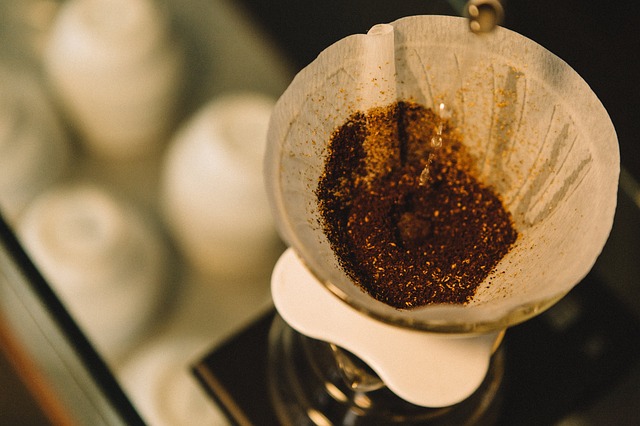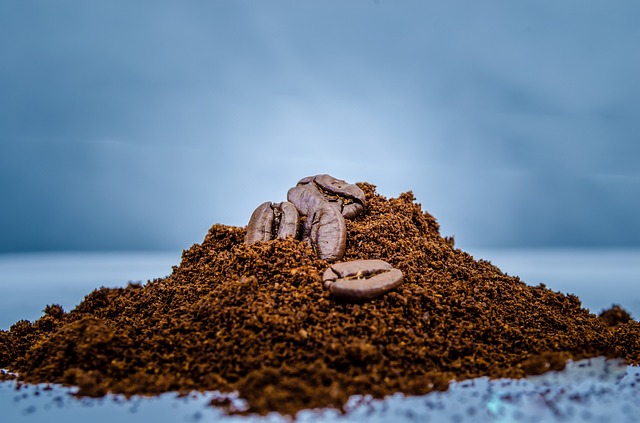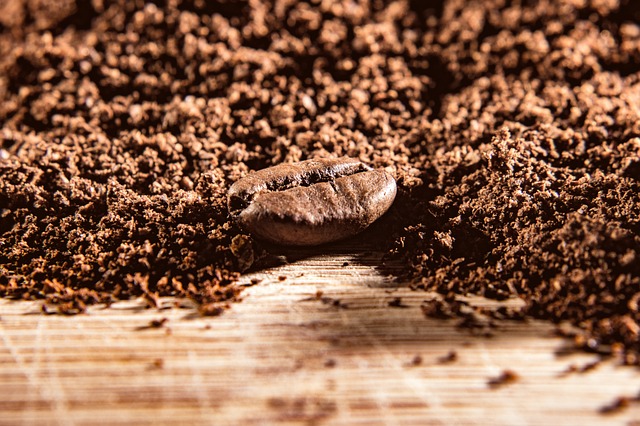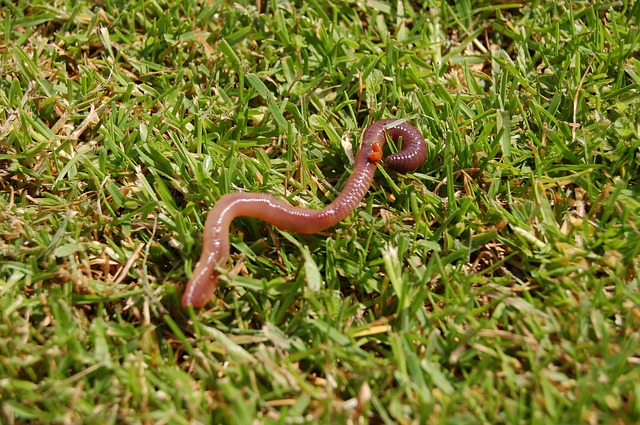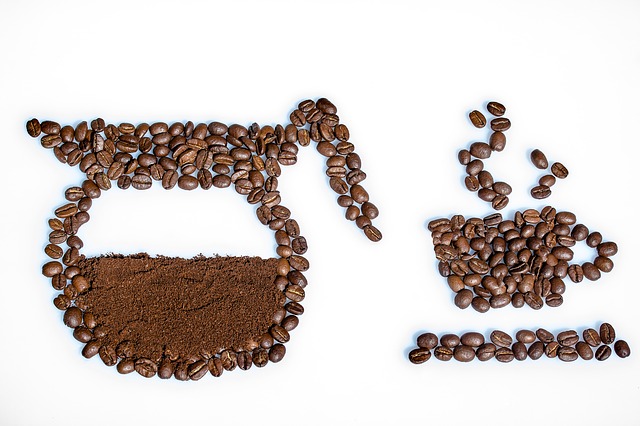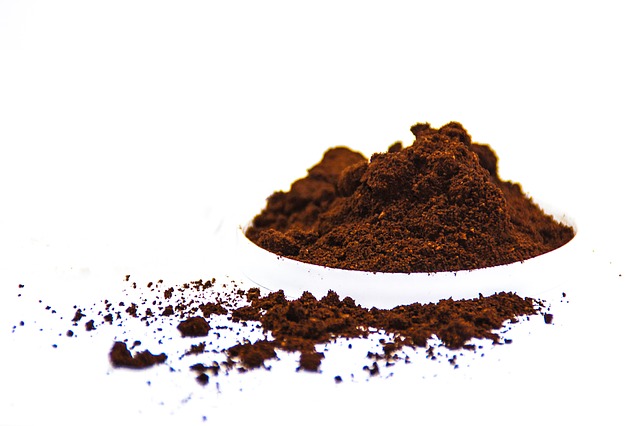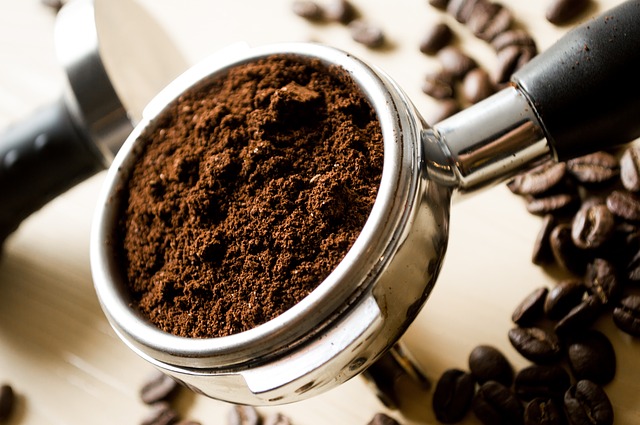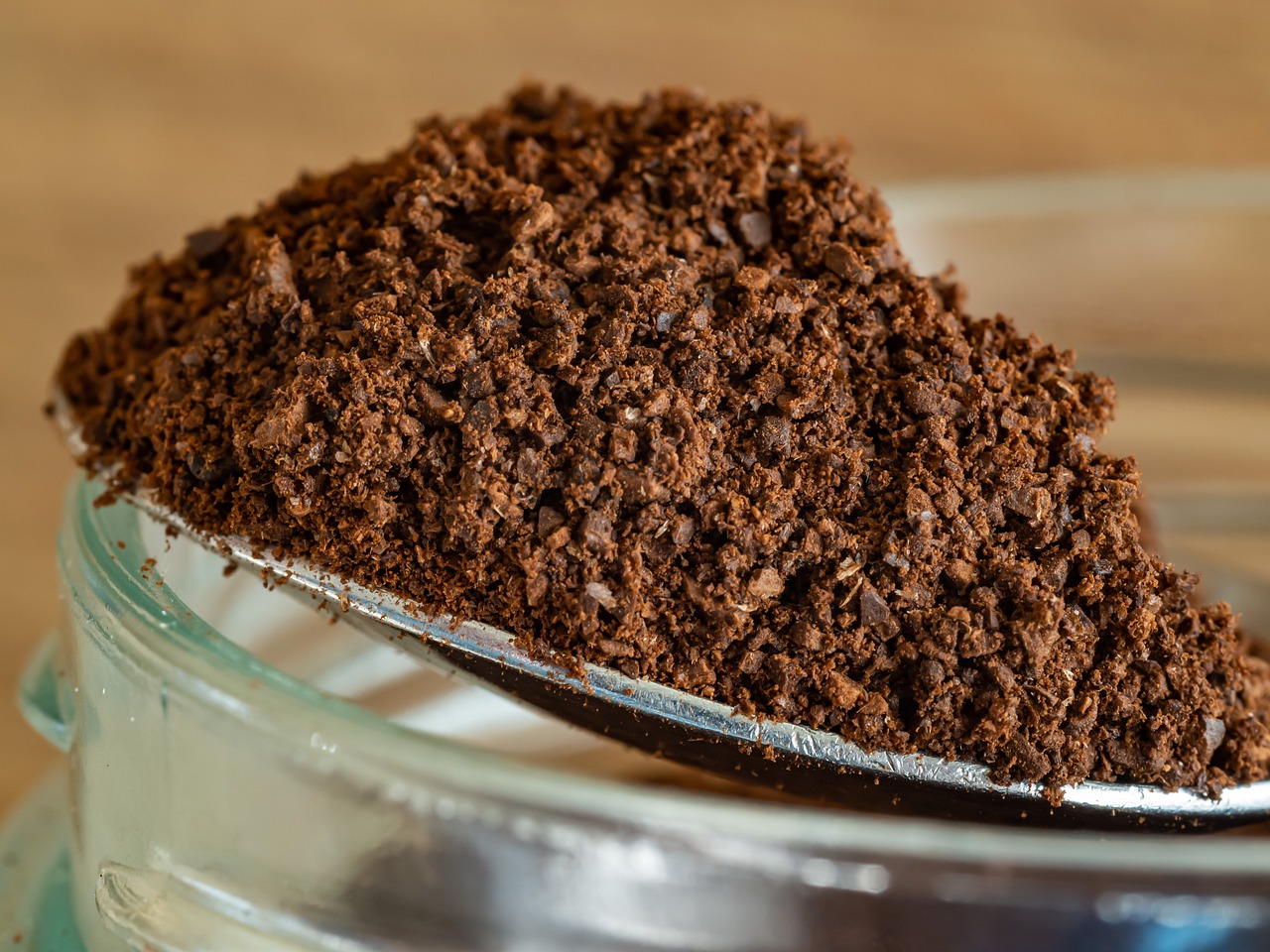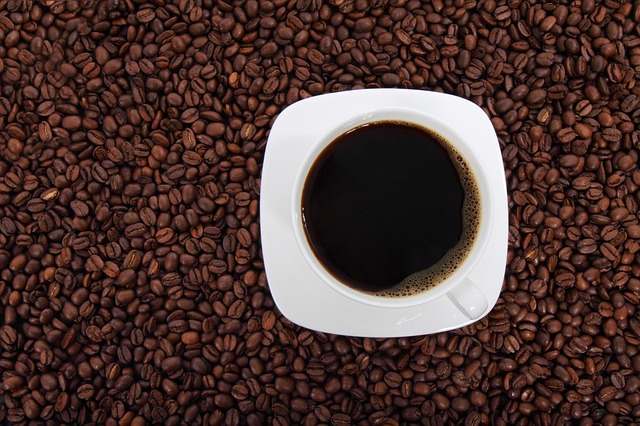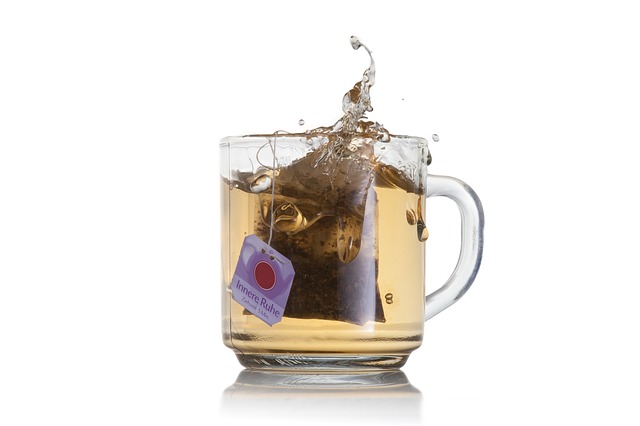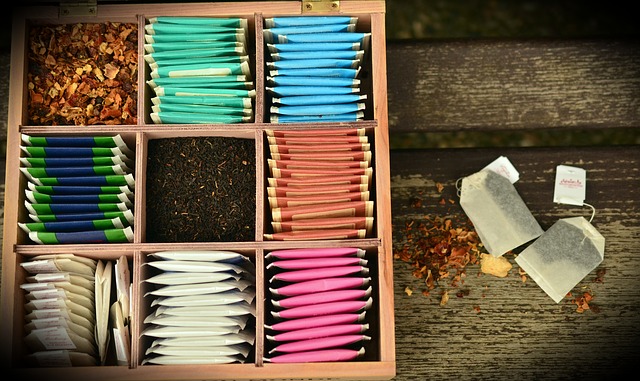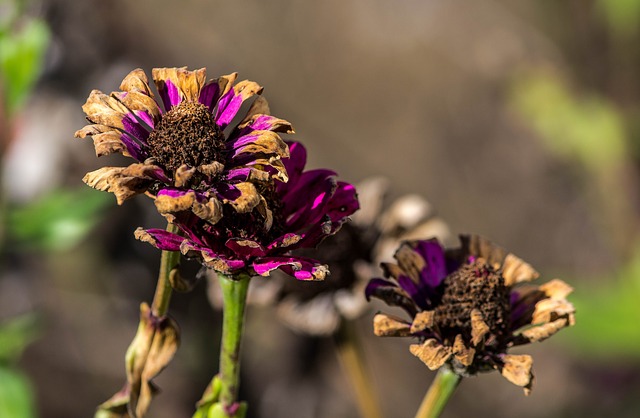
After being cooped up all winter, you may be dreaming about harvesting from a lush summer garden. But before you get there, there’s a lot of work to be done to get the garden ready. Spring garden prep can be intimidating, especially if your garden beds have been left to the weeds all winter. Get started on these tasks as soon as the soil warms in spring so you have a head start on your summer’s bounty.
Remove Weeds
If your garden is overgrown with grass and weeds or you’re prepping a new garden plot, you’ll need to clean up the beds to create a clean surface for planting. Flowers, vegetables, and other garden plants don’t like to compete with weeds, especially when they’re young and vulnerable.
If working an existing garden space, remove weeds by hoeing and hand-pulling. If you don’t intend to plant for a month or more, you can passively kill weeds by laying a heavy, dark tarp over it for several weeks. Weigh down the edges of the tarp so light and air can’t get in; eventually, weeds will die and decompose due to the heat and absence of light.
Add Amendments
Once your garden soil is weed-free, it’s ready for amendments. However, you shouldn’t heap compost, manure, or other garden amendments haphazardly. Not only is buying unnecessary garden amendments bad for your wallet, but excess nutrients and even cause soil can harm your plants and pollute local waterways.
Ensure a productive season by getting your soil tested before adding anything. You may end up finding out you have a soil deficiency. Most soil tests cost less than $50. You can find out where to send your soil for testing by contacting your local extension office.
Turn On Irrigation
Your new plants will need water as soon as they hit the ground, which means your irrigation system needs to be up and running before you plant. If you had your sprinkler or drip irrigation system blown out and shut off in the fall, call your irrigation company to have them turn it back on.
You can also turn it on yourself. (Click Here for instructions.) If you have a drip irrigation, open the end of each drip line to flush out debris before closing them and inspecting for leaks. If you’re creating a new garden you’ll want to add a new irrigation system. Ready-made drip irrigation kits are a popular solution for home gardeners, and some types of drip irrigation can be buried if you prefer something that’s out of sight.
Choose Plants
A garden can be many things. Perhaps you envision a lush landscape of native plants, you want to grow your family’s summer vegetables, or you’re planning a full season of vibrant flower blooms. No matter which type of garden you’d like, selecting plants is easily the most exciting part.
Start by deciding if you’ll transplant seedlings or sow seeds directly into the soil. Transplanting is easier because the plants are past their youngest, most vulnerable stage by the time you plant them. However, buying transplants is more expensive than buying seed packets.
If you opt for direct sowing, spend an afternoon browsing through your favorite seed catalogs. If you intend to transplant, look around your local garden stores for plants that pique your interest. Either way, make sure you’re familiar with any plants you select, especially if you have pets.
Some plants are poisonous to cats and dogs, so it’s important that pet owners only purchase pet-safe plants. If something catches your eye that you’re unfamiliar with, research before buying to ensure it’s safe.
Everyone loves a gorgeous garden, but you don’t get there without a little bit of elbow grease. Although it seems like a lot of work now, it won’t take long to get your garden weed-free, fertile, and ready for spring planting. Give yourself one or two weekends to get these jobs done, and don’t forget to schedule time for garden maintenance throughout the season.
Start Shopping for Gardening Supplies!
Does Copper Tape Stop Slugs?
Does copper tape stop slugs? The answer is yes. And you can use this simple solution to keep your plants safe from those slimy plant-eating pests. Repel Slimy Garden Invaders Without Harm Despite being relatively small and very slow-moving, slugs can do a lot of...
Coffee Grounds For Flowers
For many of us, there’s nothing we’d rather do than relax with a cup of coffee near the flower garden. Most people don’t realize however that the grounds used to make our coffee can help to increase the health and beauty of our garden. Here’s what you’ll need to know...
Coffee Grounds For Roses
Using coffee grounds for roses is a fabulous way to improve the health of your plants, helping them to produce those gorgeous flowers you’ve been dreaming of. But there are a few things you’ll need to know before getting started. Conditions Roses Prefer Roses do best...
Do Roses Like Coffee Grounds?
Do roses like coffee grounds? This is something many gardeners wonder about, especially since feeding roses coffee grounds has been a practice that’s been around a very long time. The answer is yes they do, and here’s what you’ll want to know. Roses And Acidic Soil...
How To Use Coffee Grounds For Grass
You’ll want to think twice before you toss your used coffee grounds in the trash every day. Those grounds can actually be used to feed and increase the health of your lawn. Here’s everything you’ll want to know about using coffee grounds for grass. Advantages Of...
Are Coffee Grounds Good For Grass?
Are coffee grounds good for grass? The answer is yes, so you may want to think twice before throwing away your used grounds after your morning cup of coffee. Instead, you can put them to work helping increase the beauty of your lawn. Benefits Of Using Coffee Grounds...
Are Worms Good For Your Lawn?
Despite their slimy looks worms are well-known for being very helpful in the garden. But are worms good for your lawn? You bet they are, and here’s why! Aeration As worms travel from place to place in the soil below your lawn, they create a maze of tunnels. And those...
How To Use Coffee Grounds For Snails
You don’t have to kill those annoying garden snails in order to keep them from eating your plants. In fact, you can use your morning coffee as a non-lethal weapon against them. When they come into contact with your coffee grounds snails will turn right around and...
How To Use Coffee Grounds For Ants
There are endless sprays and poisons you can use to get rid of ants. However, you won’t have to look any further than your morning cup of coffee if you’d like a repellent that doesn’t contain any harmful chemicals. By using coffee grounds ants will stay away and kids...
Which Plants Like Coffee Grounds?
While using coffee grounds in the garden offers quite a few benefits, they can be slightly acid and therefore not appropriate for all plants. So which plants like coffee grounds? Here’s what you’ll need to know. The Basics Of Coffee Grounds Coffee grounds contain...
Coffee Grounds And Hydrangeas
While many people love their hydrangeas, they often would love them even more if they were blue. Luckily the grounds from your morning cup of coffee can help you to achieve those gorgeous blue blooms. Here’s what you’ll need to know about coffee grounds and...
Coffee Grounds For Worms
Worms are an extremely helpful component of any compost bin or pile, not to mention worm farms. And it turns your morning cup of coffee can contribute to their diet. Using coffee grounds for worms is an easy way to keep them from heading to the local landfill while...
Using Coffee Grounds In The Garden
Your morning cup of coffee can help you to not only start your day off right, but in the garden as well. The grounds used to make it have many important properties that are ideal for both plants and soil. By using your coffee grounds in the garden you’ll be able to...
Using Coffee Grounds In Compost
It’s estimated that over two billion cups of coffee are consumed around the world each and every day. And that’s an enormous volume of grounds which are used and then tossed in the trash. By using coffee grounds in compost instead, you can help cut down on waste and...
Used Tea Bags In The Garden
Many people don’t realize that once you’ve had a cup of tea, your tea bag can be used again in quite a few other ways. There are actually many great uses for used tea bags in the garden. And here are some of the best! Free Natural Fertilizer The tea leaves and...
Used Tea Bags In The Compost
The next time you have your daily cup of tea, you may want to think twice about throwing that tea bag in the trash. Instead of contributing extra waste to landfills, you can help the environment and your garden by placing used tea bags in the compost. But before you...
5 Eco-Unfriendly Things You Do That Kill Your Garden
Any budding gardener out there wants to do the best for their garden and their plants. But are you accidentally causing it harm? Here are five eco-friendly things you do that kill your garden: Buying Plants that Contain Pesticides You may not use pesticides yourself...
7 Reasons You Need to Start Gardening Now
Looking for a fun hobby to help you relax? Get outside and get to work in a garden. Gardening has a variety of benefits for your mental, physical and spiritual health. Wondering how tending to plants can help you tend to your health? Here are seven ways gardening can...
Quick Tips To Speed Up Compost Times
Compost is an excellent soil conditioner and natural fertilizer. However, it can take quite a while for it to break down into a form that you can use. Luckily there are a handful of simple things you can do to help speed up compost times without much effort. Size In...
6 Common Types Of Soil Deficiency And How To Solve Them
Unfortunately, not all soil has the nutrients that plants need to grow and thrive. In some cases, it may be lacking in one area or another and therefore need a boost. Here are the most common types of soil deficiency and the best ways to deal with each of them....





